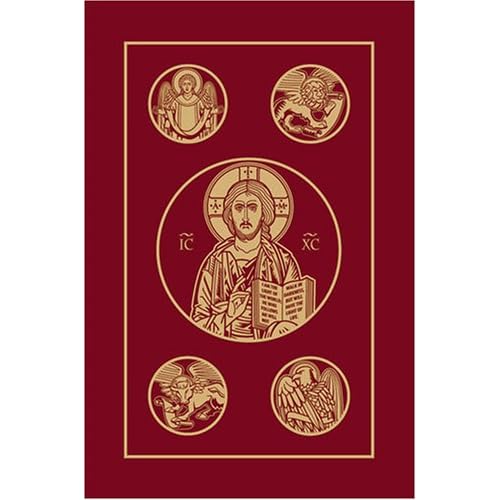Here's what I managed to finish. Several other reading tasks are en route, but c'est la vie.

Autobiography-G.K. Chesterton
I love this book-great things like wine get better with age, and as Chesterton's last book prior to his departure to a better place this is no exception to that rule.
Apparently he had shunned the idea of writing an autobiography for a long time,and just weeks before dying this magnum opus by a vir magnus was completed. Just like everything else I've read by him, this work approaches the task of talking about one's self from a unique angle of looking at his world around him. Capturing his essence of being thrilled by normal existence, one gets a sense of how he thought about his own life. We leave the realm of theoretical argumentation and theoretical people in his treatises and novels, and enter the more primitive thought of one's own life.
Just as one example, he starts the book by pointing out that his very birth is a mystery-he has no memory of this undoubtable fact, and yet this lack of "proof" is supposedly the basis of doubt. With tangents that delight the mind, I have to place this book towards the top of the Chestertonian canon.

Catholic Christianity - Peter Kreeft
Former Dutch Reformed philosophy professor meets the huge volume of the Catechism-the ensuing work is a logical but warm read about how one can understand Catholicism rightly, and how one can understand it wrongly. I'm especially appreciative of how he often sets certain issues such as justification in the light of Protestantism and other philosophies of life. Appreciating the truth in beauty in all of the world without compromising his positions on Mary, the saints, etc., this makes for a great read to help one have a foundation for what it is that the Church teaches.
You can preview it here.

The Compendium of the Catechism of the Catholic Church - Pope Benedict XVI
So I mentioned above that Kreeft's work on the Catechism makes the Catechism easier to understand. Well, the compendium is what you get when Pope Benedict and friends make the 1994 Catechism easier to understand. Going back to the question and answer methodology that one sees in Catechisms such as the Westminster or Baltimore catechisms, this compendium is a succint but accurate portrayal of the tome that is the Catechism of 1994.

Fantastic Mr. Fox - Roald Dahl
What do you get when you tell me that one of my favorite directors in movies is working on an adaptation of one of my favorite novels? Me running to Barnes and Noble to add on to my collection of books! (Can you believe I have cheesier ways of conveying my thoughts on this book that I spare for the medium of the internet?)
Roald Dahl's small but exciting book about more underdogs in the world who are wronged seeking justice through mischief and ballyhoo was a great way to spend a few hours or so with my kids before I left on a trip to California. I can't wait to see
what will happen when Wes Anderson makes this movie. I'm pretty sure it will be animation, but will it be computer? Or how about a Tennenbaums-style set of sketches that come to life? As long as people who worked on Shrek stay at least 1000 miles from him at all times, I think we'll be fine. But what do I know?

















